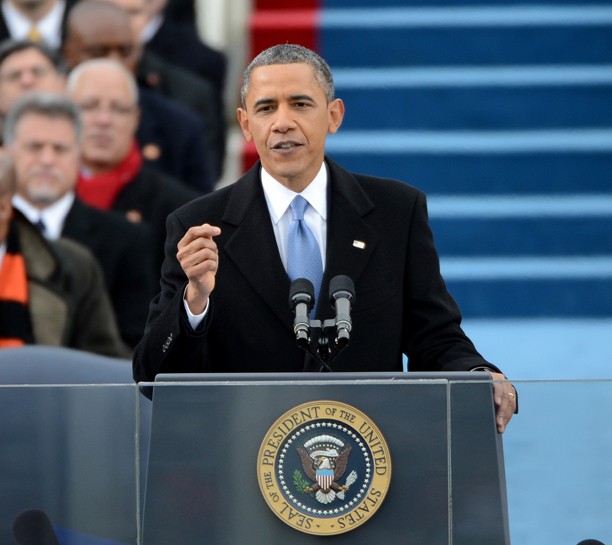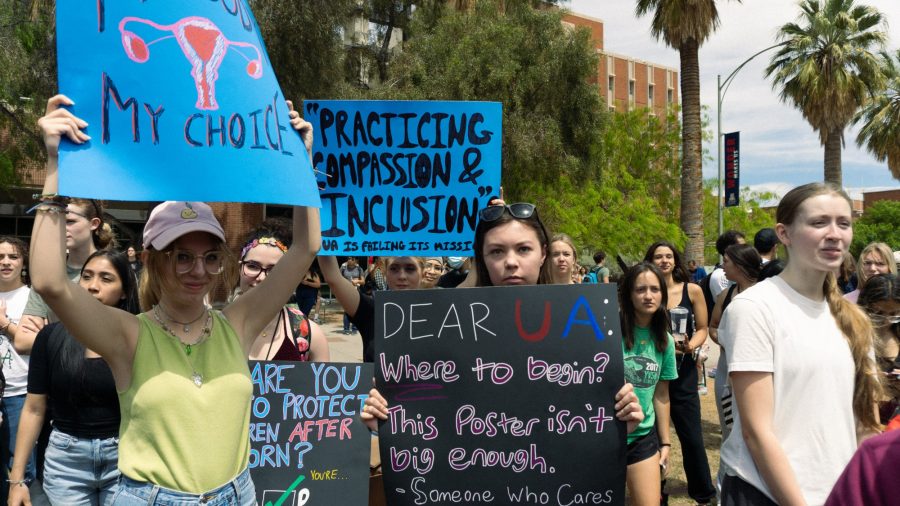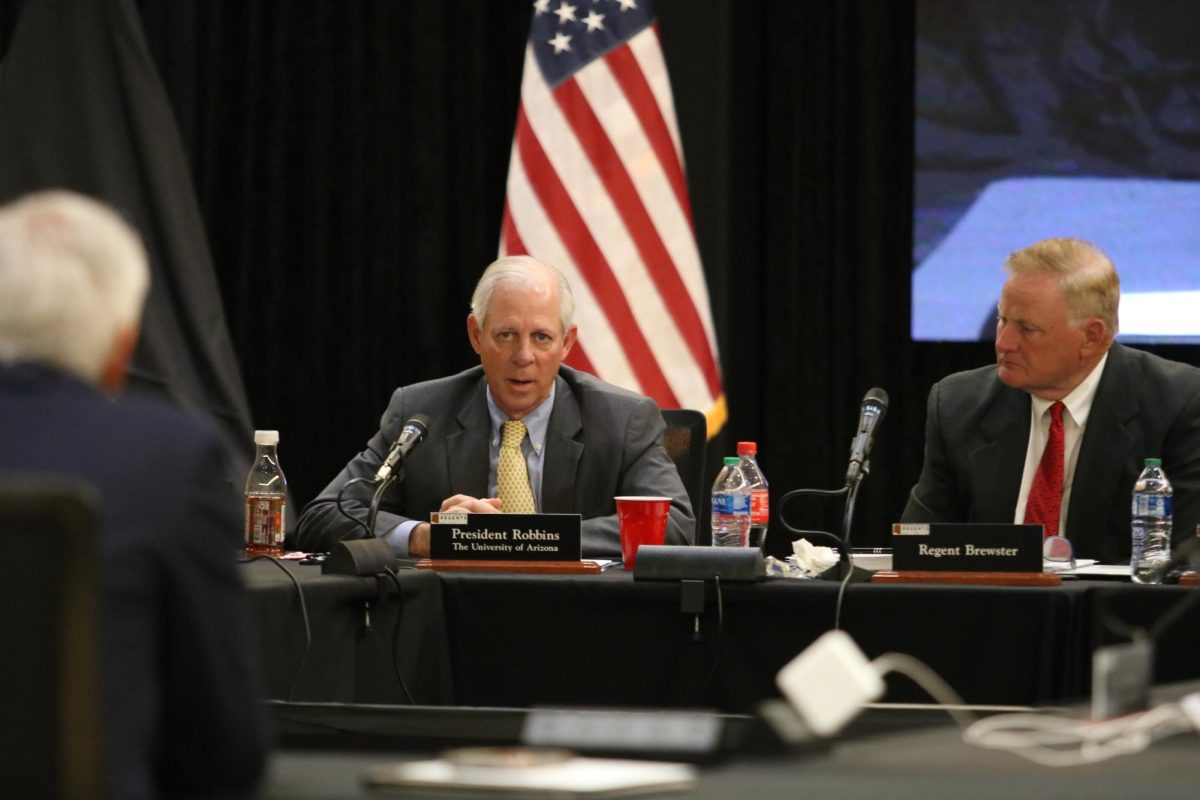WASHINGTON — Barack Obama publicly took the oath of office for his second term Monday, strongly defending the ideology of his party as he urged Americans to accept compromise as a path toward solving the nation’s problems.
“Progress does not compel us to settle centuries-long debates about the role of government for all time, but it does require us to act in our time,” Obama said, soon after taking the oath from Chief Justice John G. Roberts.
“Decisions are upon us, and we cannot afford delay. We cannot mistake absolutism for principle, or substitute spectacle for politics, or treat name-calling as reasoned debate.”
While just over 18 minutes. relatively short by historical standards, the address hit several major policy priorities Obama hopes to pursue.
For the first time, an inaugural address mentioned the rights of gay Americans, as Obama declared that America’s “journey is not complete until our gay brothers and sisters are treated like anyone else under the law, for if we are truly created equal, then surely the love we commit to one another must be equal as well.”
The president also insisted on the need to “respond to the threat of climate change,” a subject he largely avoided after a stinging loss in Congress early in his first term.
“Some may still deny the overwhelming judgment of science, but none can avoid the devastating impact of raging fires, and crippling drought, and more powerful storms,” he said. “The path towards sustainable energy sources will be long and sometimes difficult. But America cannot resist this transition; we must lead it. That is how we will preserve our planet, commanded to our care by God.”
Obama wove those specific policy pledges, along with brief reminders of his proposals for gun control and immigration reform, into a text that, overall, amounted to a strong reaffirmation of the core of liberal, Democratic politics and its belief in the positive role that government can play in the nation’s life.
In a nod to those who do not share that outlook, he noted that Americans “have never relinquished our skepticism of central authority, nor have we succumbed to the fiction that all society’s ills can be cured through government alone.”
But, he said, “preserving our individual freedoms ultimately requires collective action.”
“We do not believe that in this country, freedom is reserved for the lucky, or happiness for the few,” he said. “The commitments we make to each other, through Medicare, and Medicaid, and Social Security, these things do not sap our initiative; they strengthen us. They do not make us a nation of takers; they free us to take the risks that make this country great.”
At the conclusion, Obama walked back into the Capitol building, then turned for a moment to look out at the national Mall, filled with hundreds of thousands of flag-waving Americans. “I want to see this again,” he could be heard saying.









